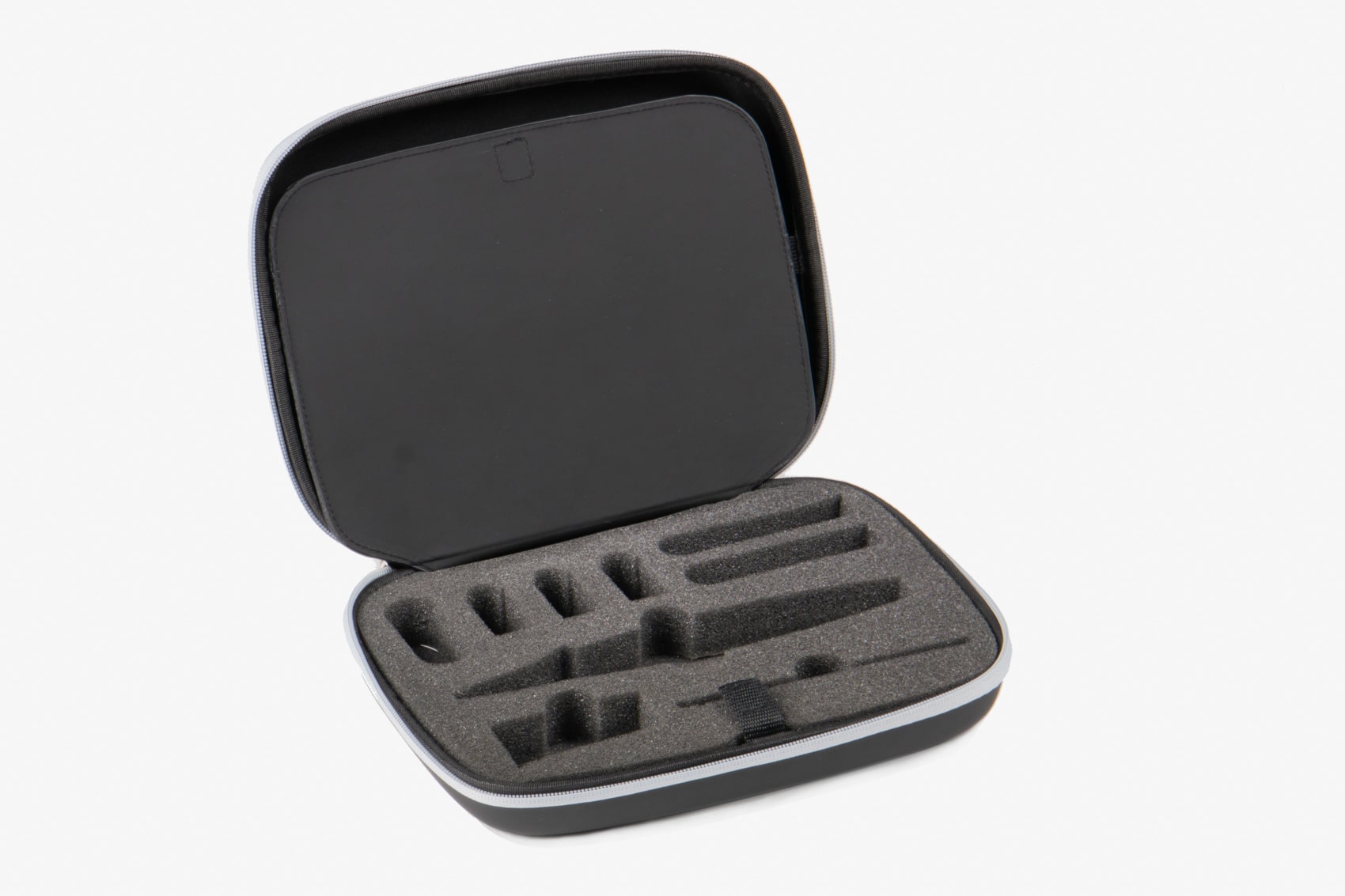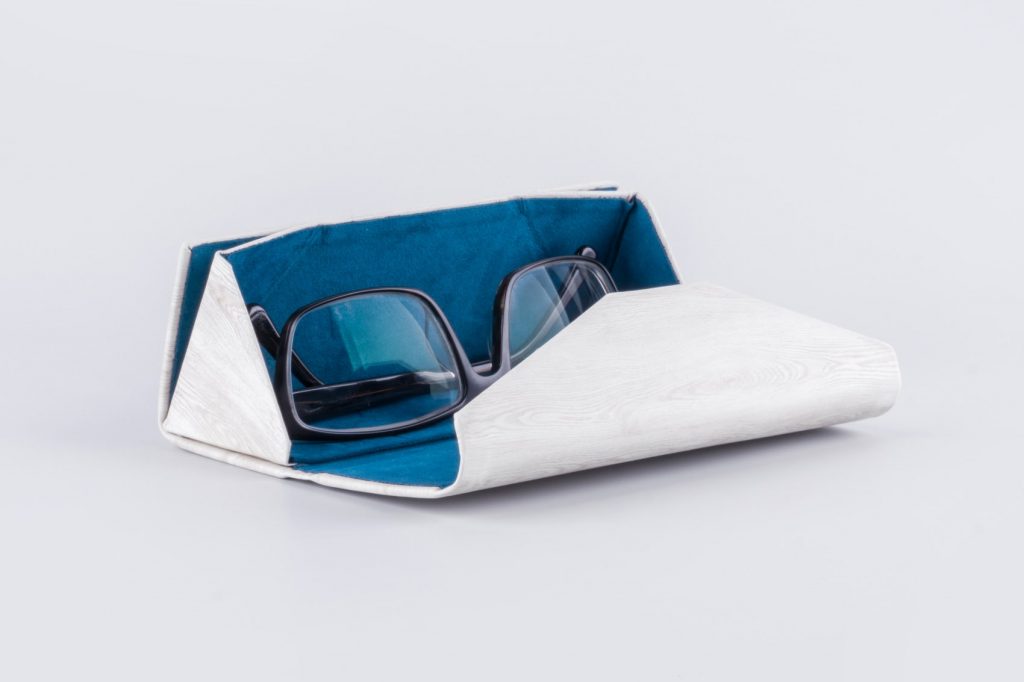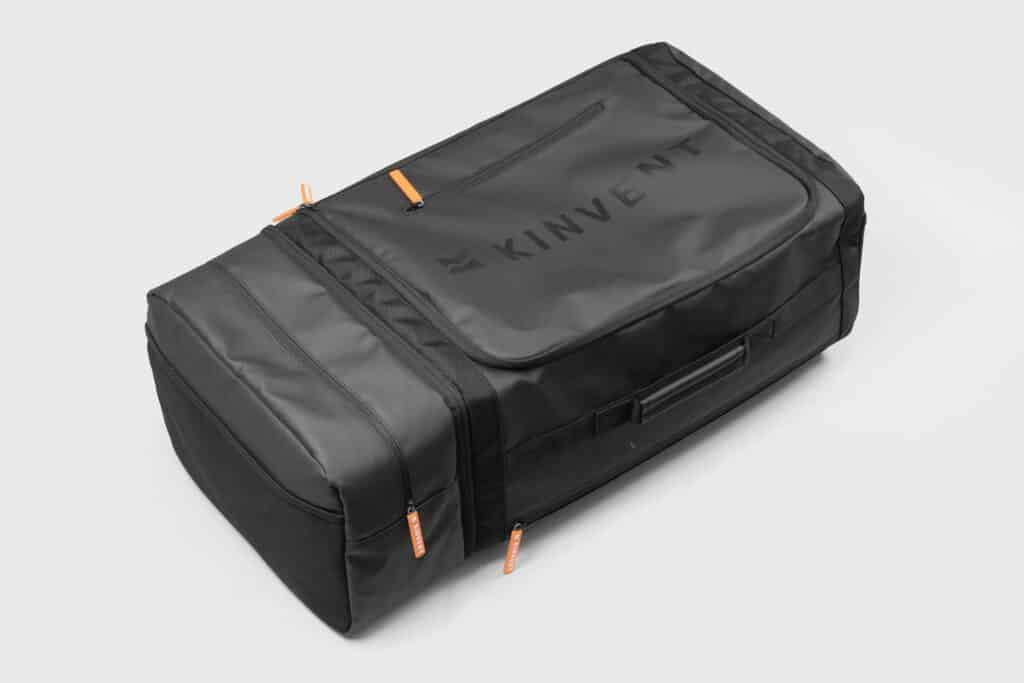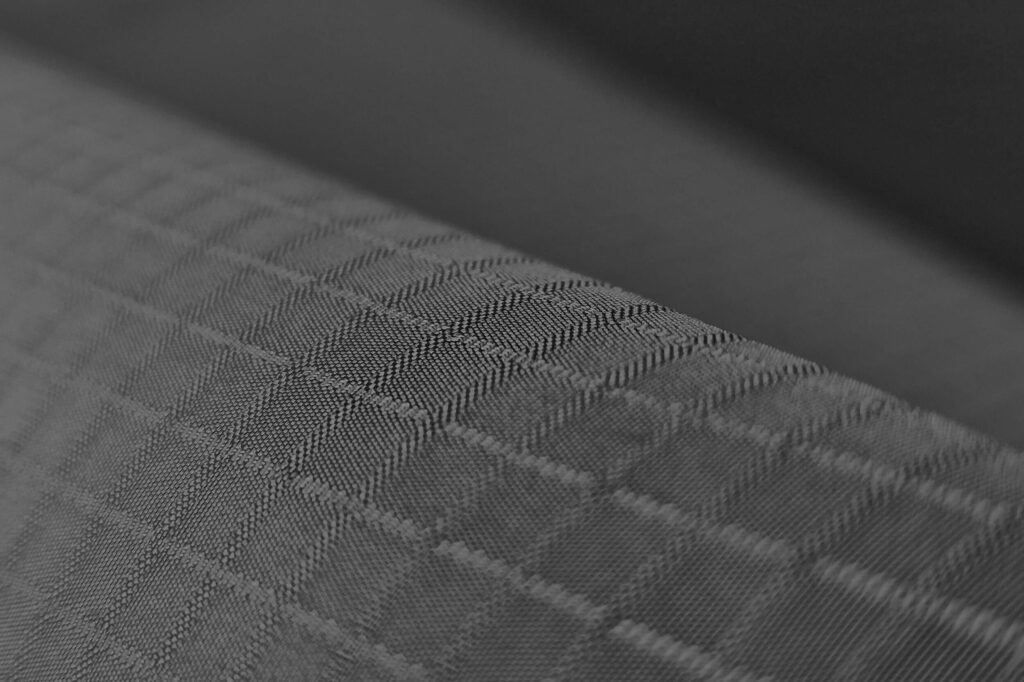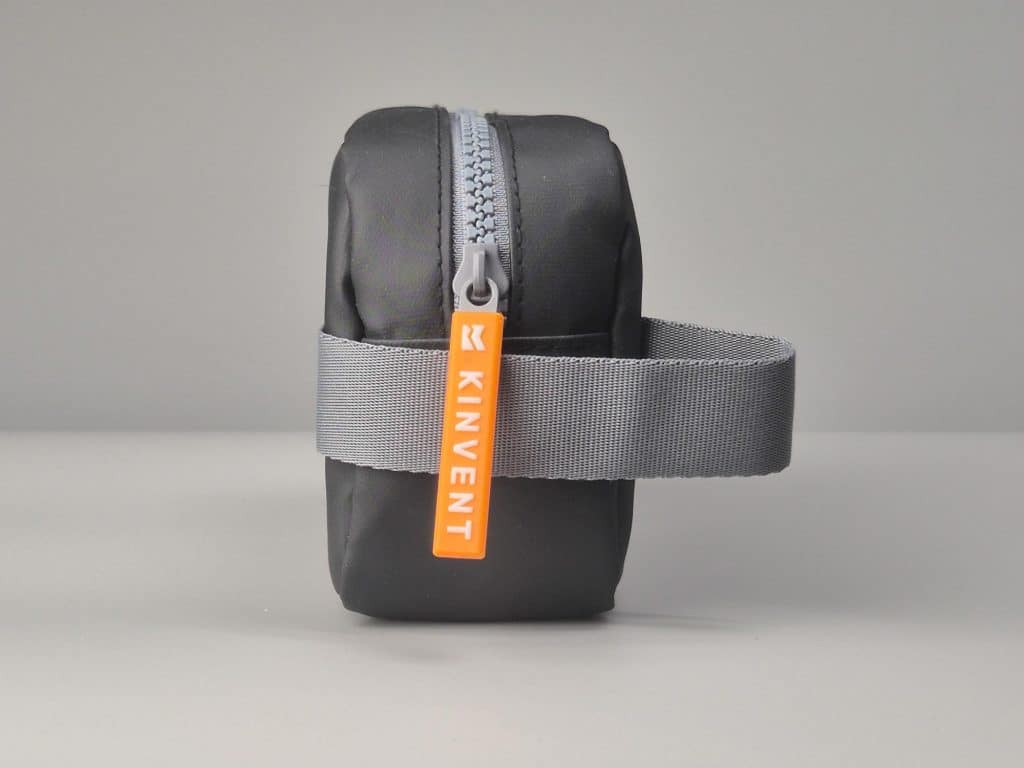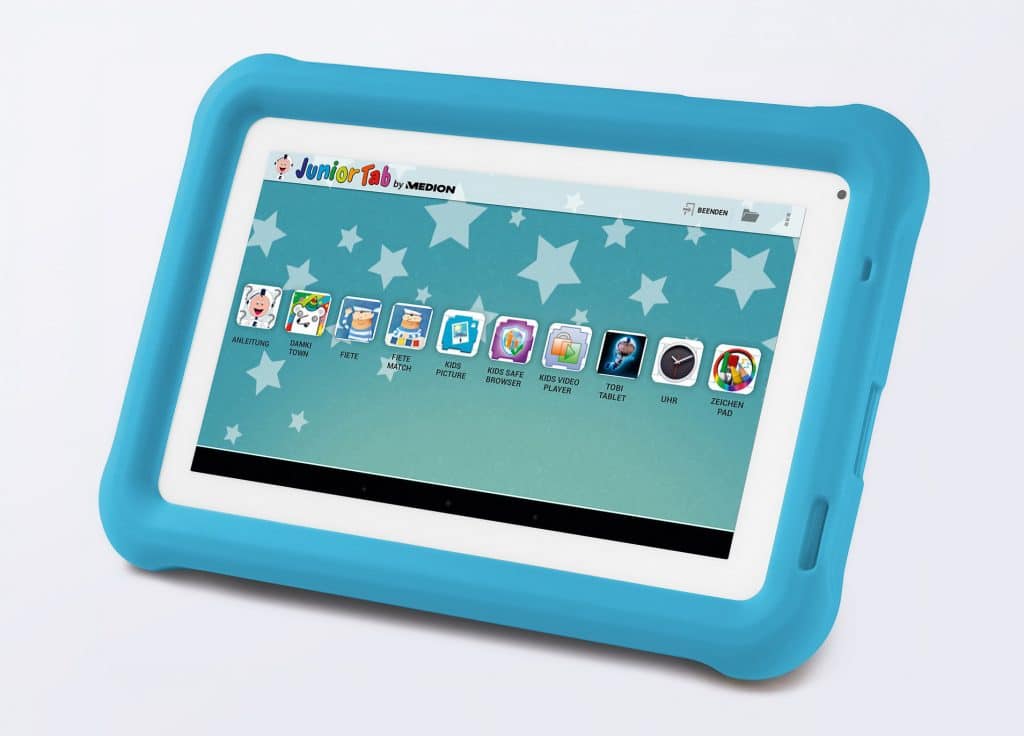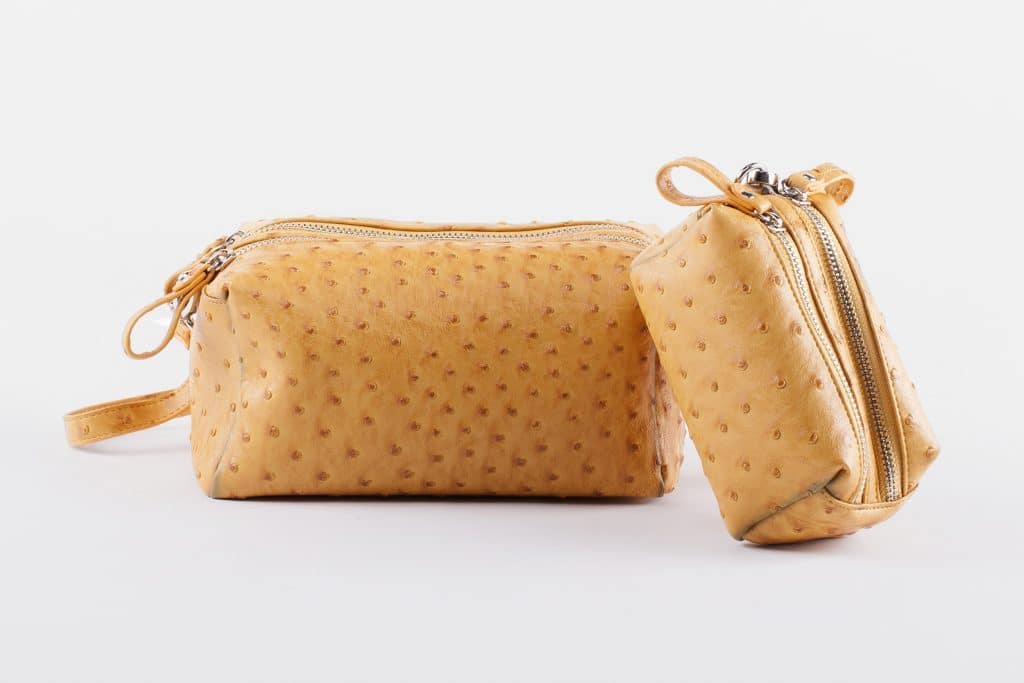In selecting the best foam for custom cases, understanding the characteristics of each foam type is essential for ensuring the protection and longevity of your items. From sensitive equipment to fragile valuables, the right foam provides both cushioning and stability, preventing damage during transport or storage. Below, we break down the different types of custom foam inserts and explore which options best suit various applications.
Understanding Foam Types for Custom Cases
Selecting the correct foam type depends on the nature of the item you need to protect, the level of shock absorption required, and specific environmental considerations. Here’s a look at some of the most common foam types used in custom cases:
1. Polyurethane Foam
Polyurethane foam is a widely used material for custom cases due to its soft, open-cell structure that offers excellent cushioning. This type of foam is ideal for items that are sensitive to vibrations but not overly delicate.
- Advantages: Lightweight, budget-friendly, and available in various densities.
- Best For: Electronics, light equipment, and items that don’t require maximum rigidity.
- Considerations: Not ideal for items exposed to high moisture levels, as open-cell foam absorbs liquids over time.
2. Polyethylene Foam
Polyethylene foam is a closed-cell foam known for its strength and rigidity. Its dense structure provides excellent impact resistance, making it suitable for high-stress environments.
- Advantages: Durable, moisture-resistant, and provides a tight fit for precise custom inserts.
- Best For: Heavy equipment, tools, and delicate instruments that require strong support.
- Considerations: Polyethylene foam can be less flexible than other options, which may limit its suitability for extremely fragile items.
3. EVA Foam
Ethylene-Vinyl Acetate (EVA) foam combines the flexibility of open-cell foam with the durability of closed-cell foam. This material is commonly used for cases that require repeated usage due to its resilience and shape-retaining properties.
- Advantages: Offers a high degree of shock absorption and is resistant to environmental wear.
- Best For: Camera equipment, medical instruments, and items frequently moved between locations.
- Considerations: Higher cost than other foams, though its durability may justify the investment.
Key Factors in Choosing Protective Foam for Custom Cases
When choosing protective foam for your custom cases, consider these key factors to ensure optimal protection for your items:
Density and Firmness
Foam density and firmness directly affect the level of protection. Higher-density foams, such as polyethylene, are more resistant to compression and impact, making them ideal for high-value or heavy items. Lower-density foams like polyurethane provide gentle cushioning and are better suited for lighter or less fragile objects.
Moisture and Chemical Resistance
Environmental exposure is crucial in foam selection, particularly for items stored in humid or chemically reactive environments. Closed-cell foams, like polyethylene and EVA, offer resistance to moisture and chemicals, making them ideal for cases exposed to diverse conditions.
Customization Options
Custom foam inserts allow for precise molding around your items, preventing movement within the case. Advanced customization techniques like water jet cutting and die-cutting ensure that each item has a snug fit, maximizing the foam’s protective capabilities.
Benefits of Using Foam Padding in Custom Cases
Foam padding is integral to any custom case, offering more than just shock absorption. Here are some added benefits:
- Enhanced Organization: Foam inserts can be cut to organize multiple items within a case, making it easy to access and identify each piece quickly.
- Increased Longevity: By securing items in place, foam padding minimizes wear and tear, extending the lifespan of both the case and the contents.
- Reduced Risk of Damage: Properly chosen foam padding reduces the risk of accidental damage, protecting fragile items from sudden impacts.
Tips for Choosing the Best Foam for Your Custom Case
Here are a few tips to help you make an informed decision when selecting the best foam for custom cases:
- Evaluate Item Sensitivity: Items like electronics and optics require softer foams like polyurethane, while heavier or delicate items benefit from more rigid options like polyethylene or EVA.
- Consider Long-Term Storage Needs: For cases that will be stored for extended periods, closed-cell foams are preferable due to their moisture resistance and durability.
- Account for Transport Conditions: If your cases are frequently moved or exposed to rough handling, choose a higher-density foam to withstand repeated impacts.
Why Quality Matters in Custom Foam Inserts
Investing in quality custom foam inserts can significantly impact the safety of your valuable items. ForWard provides precision-engineered foam solutions tailored to meet the highest standards, ensuring that every item fits securely within its case. Our custom foam solutions use premium materials and advanced cutting techniques, providing durable and reliable protection for various applications.
For more insights on our protective solutions, explore our Custom Case Solutions and discover how ForWard can enhance the safety and security of your items.
Choosing the best foam for custom cases involves understanding the specific needs of your items and selecting a foam type that balances protection, durability, and environmental resistance. With options like polyurethane, polyethylene, and EVA, you can tailor the interior of your case to ensure your valuables remain intact, regardless of transport conditions. For premium-quality, tailored foam solutions, ForWard is dedicated to delivering exceptional protection for a diverse range of applications.

